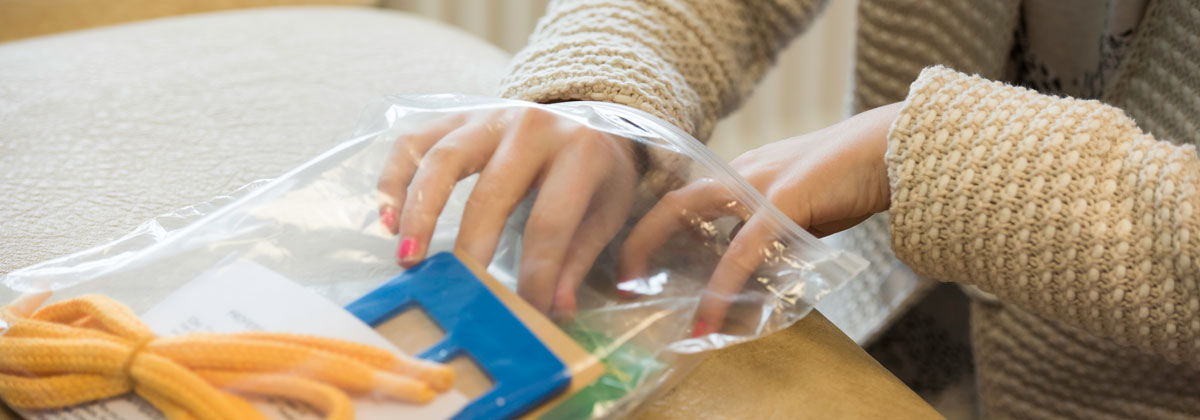An Occupational Therapist is there to help with becoming more independent or to help with participating in everyday activities (occupations) that are important to a person/family. This includes:
- Personal care: activities such as dressing or managing to feed
- Home activities such as being able to pour a drink or make a meal
- Work activities such as being able to take part in schoolwork or use a computer
- Fun! For example playing with toys, hobbies, learning to drive a power-chair or going to a café
An Occupational Therapist will explore and get involved with three main areas:
- Personal skills and motivators: Such as hand skills, vision, perception and sensory processing
- Activities: For example, how to break activities into small, manageable parts
- Managing the environment: For example, how to best organise or adjust things
An occupational therapist does lots of problem-solving! A Bobath-trained Occupational Therapist will also consider the impact of posture and movement, particularly in relation to how a person can use their hands and their vision. This will often be done with a Physiotherapist and Speech and Language Therapist.
